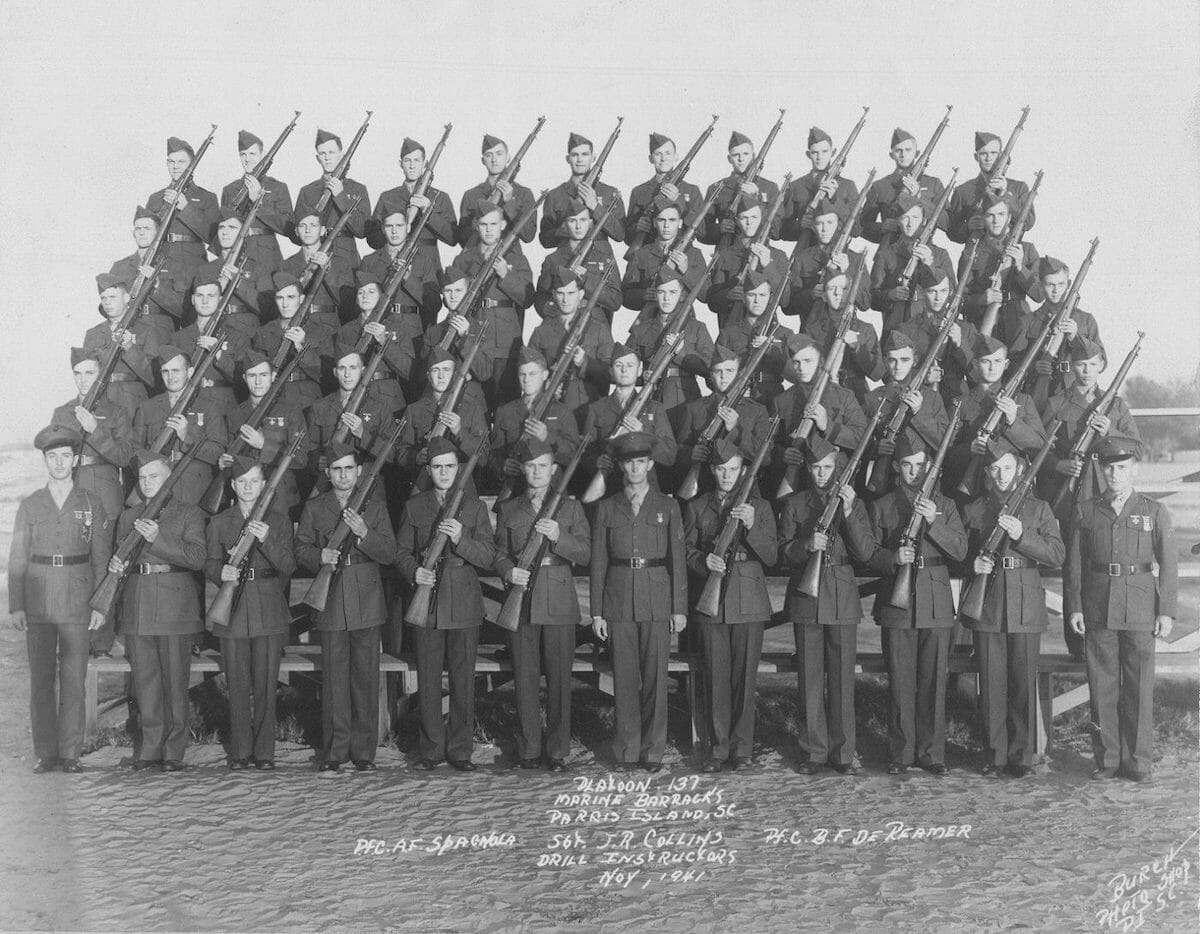We learned in the Oct. 7 Veterans Benefits article that the best way to file for Veteran Readiness and Employment (VR&E) services is to apply online at va.gov/careers-employment at https://www.va.gov/careers-employment/.
This article (Part 1 of 2) and next weeks’ article (Part 2 of 2) will cover 13 things that should help veterans in their job search. Article 1 covers six important topics and Article 2 will cover seven more important items of interest and tips concerning landing federal government jobs.
As a Veterans Employment Assistance Volunteer with the Ralph H. Johnson VA Medical Center and with the Charleston, S.C. Association of the U.S. Army (AUSA) Chapter, I am asked many times, “How can I get a good job with the Federal Government?” Here are some things I tell them.
1. The hardest job is “finding the job you want.” I tell veterans that the hardest job in the world is to find and land a good job — the job you want and matches your skills. It takes lots of research, preparation, and hard work. Job seekers need to master:
Researching the companies and fields in which you are interested,
Writing a good cover letter,
Writing a top-quality resume,
Learning to network,
Learning to use social media (LinkedIn, Facebook, Twitter, Rally Point, etc.),
Dressing properly for interviews,
Planning for and practicing answering and asking questions at interviews,
Writing a good thank you note immediately after (the same day) the interview, and
Learning to, and, the job seeker trying to land a federal job must do much more.
Most people looking for a job know that they (normally) should not leave their current job until they have the new job they want. Veterans should consider taking a non-federal government job, until his or her application can go through the slow government job processes.
2. Read everything at FEDS HIRE VETS site – https://fedshirevets.gov/job/index.aspx – and the linked websites. Veterans, transitioning service members, and their families will find this site to be full of resources and information that can assist in finding a federal career. Veterans using the site are told that thousands of Federal job opportunities are available. The site will help veterans and their family members to understand:
Veterans’ preference and Family Member Preference (Derived Preference),
The basics of how Federal jobs are filled and the Veterans Employment Center on eBenefits,
How to be competitive.
Training and education opportunities designed to help you find a job and much more.
The site also provides direct links to the Veteran Affairs Career Exploration site at https://www.vets.gov/employment/; the Department of Defense Veterans site at DODVETS.COM; the Military to Federal Jobs site at www.mil2fedjobs.com; and the USAJOBS website at https://www.usajobs.gov/.
3. Know where to look for federal job openings. There are two ways to get a federal job – one is by appointment when administrations (presidents) change and the other is by competing for federal jobs. Most of us fall into the competitive category. USAJOBS is a United States Office of Personnel Management website and most but not all federal jobs are announced through this web site. USAJOBS is just a portal and each application you submit goes to the agency that announces the job through that portal. Once the veteran or veteran’s spouse has read everything at the FEDS HIRE VETS site and the associated links and they should go to USAJOBS to create a federal formatted resume.
4. Build your Federal Formatted Resume at http://usa.jobs/. I recommend that the veteran or family member go to USA.jobs and read everything there, establish an account, and prepare a federal formatted resume using the resume builder at this site. Write your best accomplishments in your federal formatted resume in the Challenge, Context, Action, and Results (CCAR) story format. The CCAR Model stands for:
Challenge – Describe a specific problem or goal.
Context – Describe the individuals and groups you worked with, and/or the environment in which you worked, to address a particular challenge (e.g., clients, co-workers, members of Congress, shrinking budget, low morale).
Action – Discuss the specific actions you took to address a challenge.
Results – Give specific examples of measures/outcomes that had some impact on the organization.
5. Use action verbs, key words, and create an error-free resume. The resume builder should include all key words for that job position and career field (those key words in the job announcement and job description), which are applicable to the job and the applicant. If your federal resume is not at least five pages long it will most likely not get you a (government) job interview. Needless to say, resumes must be grammatically correct with no spelling errors. Job applications must be filed within the first day or two for an opening announcement, if you want to be considered, as many announcements are closed after the first couple of days. Veterans should apply for only those jobs they are qualified for and are truly interested in. If Vets are not getting inquiries from the jobs they are applying for, most likely their resume is not up to the high standards needed to get a job interview. Tailor your resume to every job you apply for.
6. DOD 180 Day Rule and family Member Preference Programs. A retired member of the Armed Forces may not be appointed to a civilian position in DOD (including a non-appropriated fund position) within 180 days after retirement unless: The Secretary concerned authorizes the appointment; or the position is authorized special pay under 5 U.S.C. 5305; or a state of national emergency exists. There are some Military Spouse non-competitive appointments available and there is a DOD Military Spouse Preference Program. Family members of 100% disabled veterans and widows/widowers of deceased veterans can also get preference in hiring.
Next week’s edition of The Island News (Oct. 28) will cover eight more tips on how to get a good job with the government.
Larry Dandridge is a retired Lt. Col. In the U.S. Army. He is a Vietnam War era wounded warrior, a combat and 100 percent disabled veteran, a former Infantryman, former Warrant Officer and pilot. Dandridge is also a past Veterans Service Officer, and a current volunteer Patient Adviser, CEO Advisory Council Member, and Patient and Family Advisory Committee Member at the RHJ VA Medical Center, as well as a published author and free-lance writer. He can be reached at LDandridge@earthlink.net.








